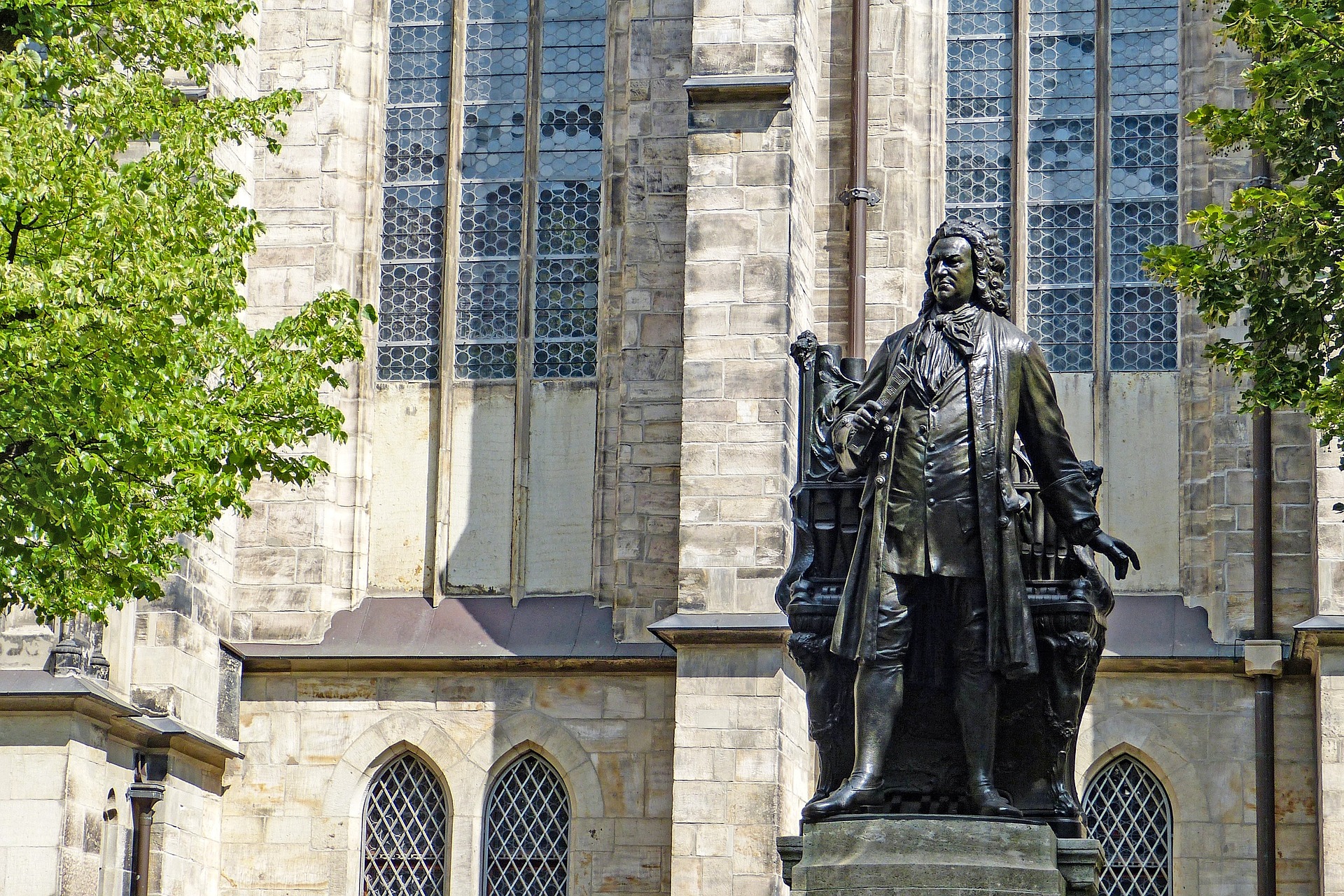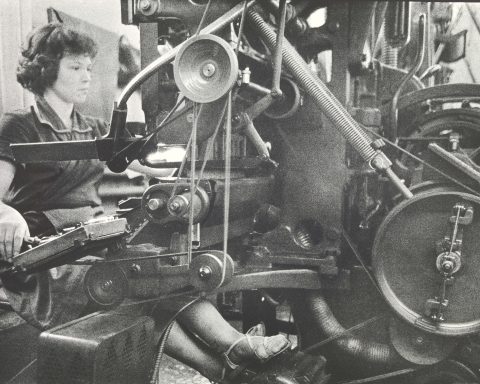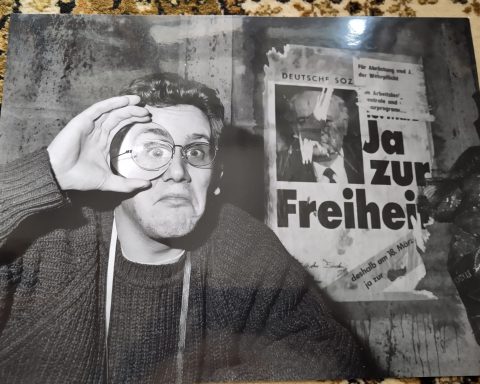Our entire tonal system passes through Bach like an hour glass: Bach is credited as being the first to tune a keyboard instrument to play equally in all 24 major and minor keys (now we just say 12).
Before that, the Cembalo, a piano-like instrument popular at the time, could pull off six or seven at best. All the other instruments would probably sound like out of whack free jazz pianos to us now. Well, and then he was the dude who wrote 48 preludes and fugues to prove it actually worked.
Bach had been the court composer and bandleader in Köthen, Saxony Anhalt, where he was engaged full-time by secular music-lover Prince Leopold.
A prone musician himself, the prince used his status and wealth to afford the luxury of having one of the most reputable composers on duty in his very own living room to avail himself of personal Baroque music sessions on a daily basis. For years!
Partitas and suites for single instruments, usually with a specific musician of their playing circle in mind, were performed for no other reason but the joy of music for music, and – as customary at the time – to praise the almighty. Check out some of Bach’s early cello suites.
It did, however, all come to an end when Leopold went off to war shortly after Bach’s wife died. And just listen to what Bach’s Tocatta in D minor, from his Köthen days sounds like on electric guitars, it’s a total show off!
Bach came to Leipzig to seek a new beginning, just having lost his first wife and dream job.
During his time here, he was responsible for schooling students at the Thomasschule and providing church music for the city’s churches. Between 1723 ad 1750, he wrote over 300 chorale cantatas, out of which – unfortunately – around one hundred didn’t survive the time. He performed these church tunes in the four main churches of Leipzig, notably at Thomaskirche and Nikolaikirche.
Diverting from contemporary (and customary) organ music, the most revolutionary pieces of a time when music merely served the purpose of praising the Christian God were fugues for fortepianos as well as Musical Offerings. One of these was a six-part fugue, canons and themes that altered throughout the piece.
The amazing thing here was that these fugues were based on a flute riff that Frederick the Great played during a jam session at Sanssouci, the former summer palace of the King of Prussia in Potsdam (just west of Berlin). Bach improvised (!) the 6-part fugue on the spot, and later sent the fully transcribed sheet version to king Frederic.
In his latter days, he composed one of his most well known pieces, the Art of Fugue. The piece is made up of as many as 18 different fugues and canons based on a simple theme.
Call him the Jimmy Hendrix of the 18th century, and just imagine what he would have been capable of producing had it not been for the constraints of the church.
What’s more, Bach wrote some of his most important secular works in Leipzig.
Although aul’ J.S. did manage to marry a singing lass he was nearly twice the age of before departing Köthen (and fathering 12 plus offspring with her in Leipzig), there must have been some sorrow in place. Witness to this is his clandestine indulgence in fugal preludes and preludial fugue-laden Well-Tempered Clavier book 2 which was produced in his “free time”; and quite simply still stands as one of the most ingenious piano pieces ever produced until the present day.
What’s left of Bach today are his compositions expressing friendship and reactions in relationship, and possibly the assertion of his musical dominance exemplified by the Musical Offering that put King Frederick to shame. If anything, his improvisation skills bear witness to a musical genius that was second to none at its time.
Challenged to a musical duel in Dresden against a boastful Italian, Bach dutifully turned up to defend his reputation, and thereby won the competition.
The challenger mysteriously disappeared in the night on the eve of the event to, presumably, avoid further embarrassment.
A big hat tip for insightful knowledge goes to Patrick Flanagan, a Berlin based musician and ESL teacher. Get in touch with him for entertaining English classes and professional music for any occasion.
And don’t miss out on the Bach Fest in Leipzig! It goes down annually in June, and you’re able to see lots of stuff, also for free.











